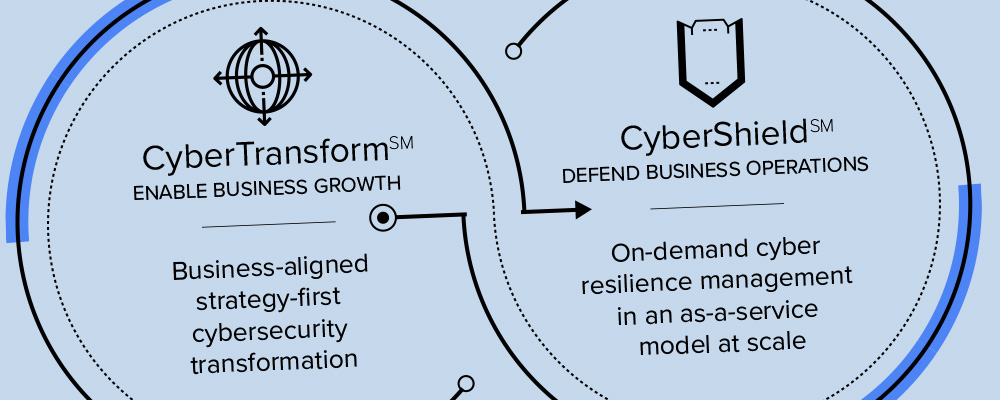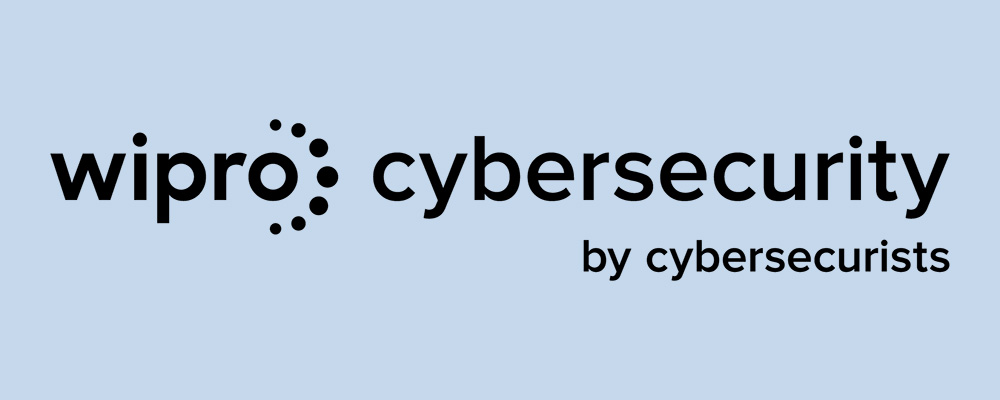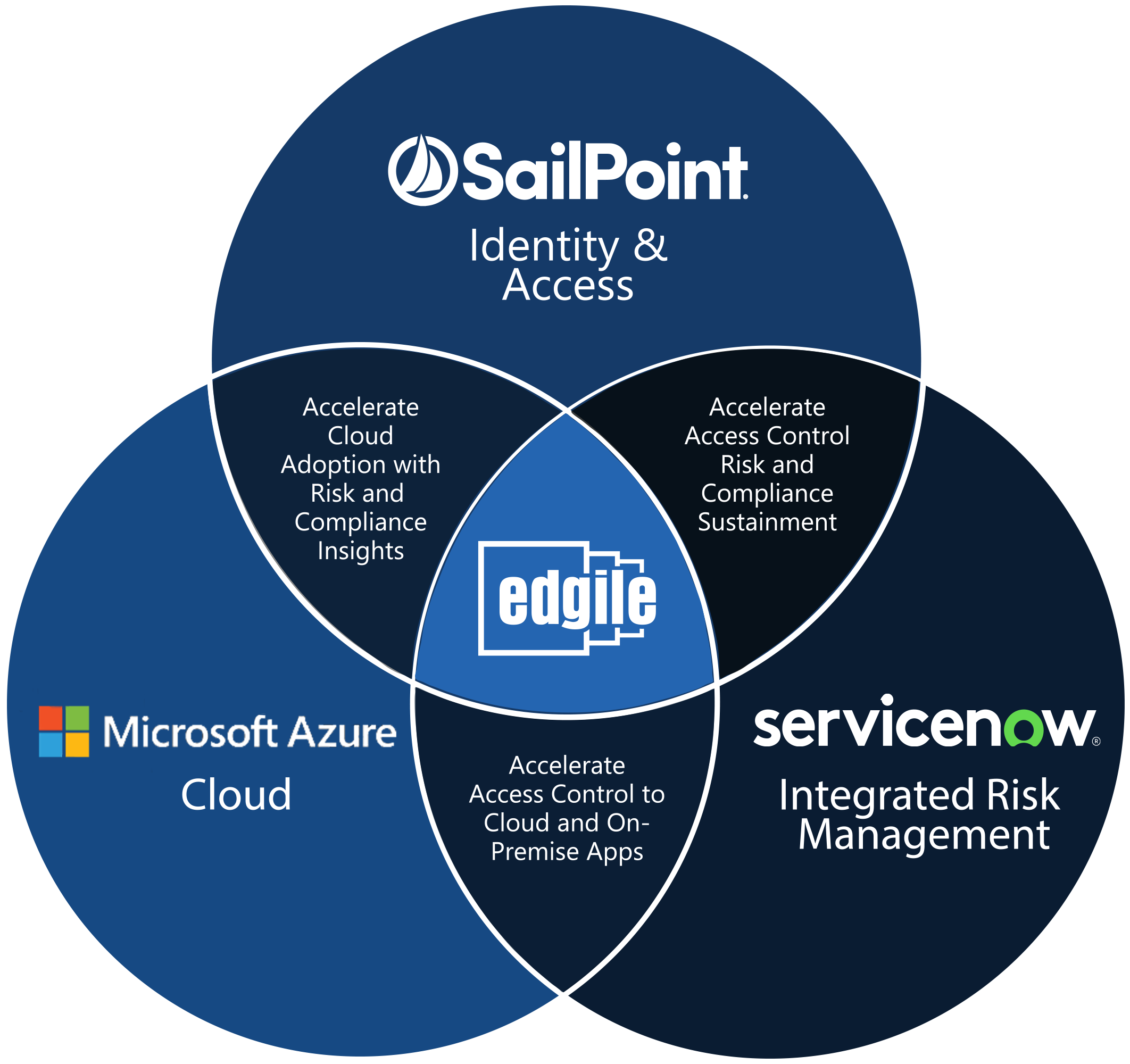Business Issues
IT organizations face increasing pressure to protect their business applications and networks appropriately and ensure users are authenticated using a multi-factor, strong authentication approach. Such an approach can protect against unauthorized access to sensitive applications and data due to globally distributed workforces, partners and managed service providers.
Businesses must also deal with challenges that relate to the issuance and management of the secure hardware tokens used to store certificates or generate one-time passwords (OTP). To effectively roll out physical tokens, efficient and integrated processes and deployment plans must be created. A secondary issue relates to “enabling” enterprise applications to accept certificates for strong authentication.
Edgile’s View
Strong authentication offers enterprises significant business value and opportunities to increase security and protect corporate assets, while continuing to expand its business horizon. However, strong authentication must be delivered efficiently, be cost effective over time, and provide the end-user with a simplified and integrated experience.
Strong authentication can be achieved using a combination of certificates and smart cards to provide increased security and usability. The successful deployment and adoption of smart cards within an organization is a function of both technology infrastructure and process design.
Effective process design is the foundation for long term success with smart cards. The processes need to easily integrate with normal business workflow and provide users with easy ways to:
- Issue and enroll cards and credentials
- Renew expiring credentials
- Replace lost or damaged smart cards
- Decommission cards upon change in access rights
Edgile designs the process to ensure that users are able to get new cards easily and securely in the event of lost or stolen cards so that they can become productive again quickly.
Deploying strong authentication using smart cards requires an enterprise Public Key Infrastructure (PKI) along with a smart card management system to administer smart cards and digital certificates. This integrated approach helps to protect sensitive business data and provide authorized data access to users, regardless of their location.















